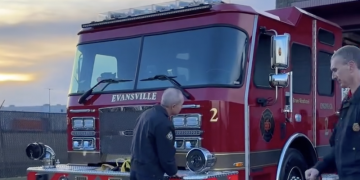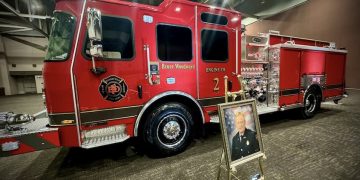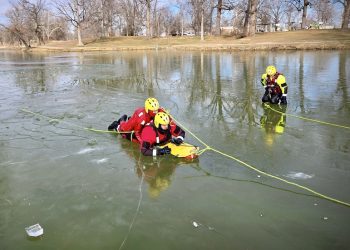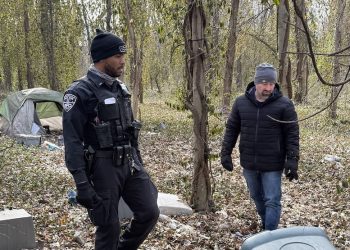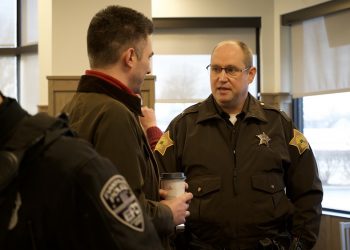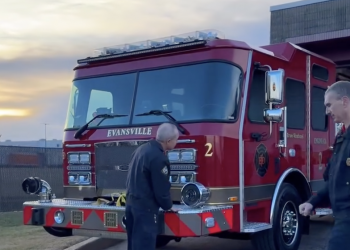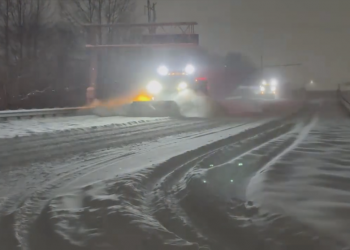Indianapolis, Indiana – In spite of the snow and ice, the dangerously low temperatures over the next few days are a primary cause for concern. Emergency physicians have expressed concern to us that patients may be exposed to major health hazards if they do not maintain an adequate body temperature.
Dr. Tyler Stepsis, who is the chief of emergency medicine at Eskenazi Health, expressed his utmost concern for patients who are residing in unsafe housing situations.
“A lot of times, even folks who have a place to live but don’t have heat, you can get cold injuries just as bad as you can living on the streets,” Stepsis said.
The low temperature for tonight will be below zero, and there is a good chance that the wind chill will be significantly lower. It is recommended that people wear layers and make every effort to keep their garments dry.
Within around 30 minutes, a person can suffer frostbite, according to medical professionals. Dr. Dan O’Donnell, Indianapolis EMS director, said “especially if you have direct exposure, you have no protection between you and the elements, it can happen pretty quickly.”
Frostbite is said to begin in your extremities, such as your nose, ears, toes, and fingers, when the skin becomes cold and tingly. This is according to professionals in the healthcare field.
“As that gets worse and worse obviously the pain gets more severe, the color doesn’t come back to your hands, that’s when we really start worrying about frostbite,” O’Donnell said.
Worse is if your skin begins producing blisters.
“Then all of a sudden you start to see kind of a dusty hue and kind of bleeding blisters and then finally that doesn’t come back,” Stepsis said. “It’s one of those things that eventually over the span of a couple of weeks those digits will turn black and fall off.”
According to medical professionals, the most important step is to quickly warm up and ensure that blood is flowing to the affected areas of the body.
“Make sure you don’t have any restrictive clothing on, you’re getting good blood flow, and then see how you do from there,” O’Donnell said.
The risk of hypothermia is also being considered by the medical staff. People think that shaking is healthy since it is the body’s way of producing heat when it is cold. Symptoms of hypothermia include the absence of shivering and a change in the patient’s mental state.
“So they are cold, and they are just not making sense to you, that’s a reason to call 911,” O’Donnell explained.
To prevent dehydration, medical professionals also recommend that patients continue drinking water rather than alcoholic beverages. Also, make sure that your family members and neighbors are warm by checking on them periodically.
















